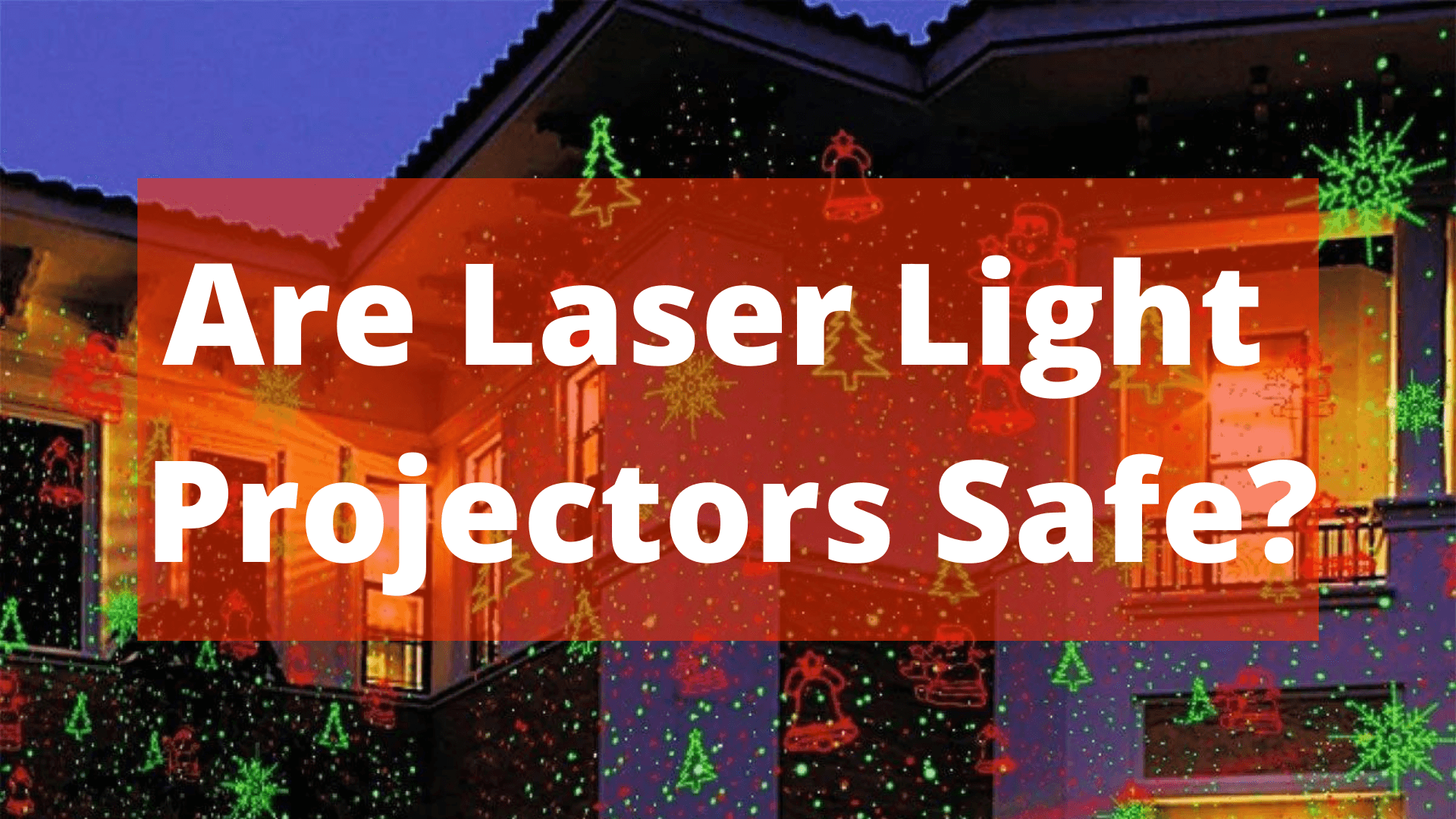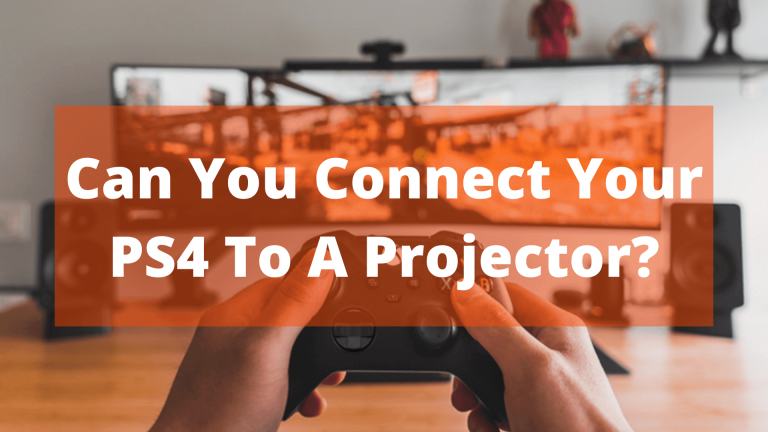Are Laser Light Projectors Safe? In %currentdate%
A laser light projector can be a great addition to your life. Maybe you want to add some extra excitement to your home theater system. Maybe you want to create an unforgettable light show for a party.
Laser projectors are used in various settings, including business presentations, educational settings, and home theater. But let’s know if laser light projectors are safe or not?

Are Laser light projector safe?
Yes, Laser light projectors are safe to use. Laser light projectors are safe to use for a variety of purposes. They are often used for decorative purposes, such as projecting images or patterns onto a wall or ceiling. However, they can also be used for more practical purposes, such as projecting a beam of light for alignment or measurement purposes.
Laser light projectors use a laser to create a beam of light. This beam of light is then projected onto a surface. The laser light projector is safe to use because the laser beam is contained within the projector and does not escape.
There are a few safety precautions to take when using a laser light projector.
● First, laser light is a very low-intensity light source. This means that it does not emit harmful levels of radiation.
● Second, laser light is very focused. This means that it will not likely cause eye damage or other health problems. Laser light projectors can be used for a variety of purposes. They can be used to project images onto walls or other surfaces.
Are star laser light projectors safe?
Yes! Star Laser light projectors are safe for use in both indoor and outdoor settings. Class II and Class III laser light projectors emit light that is not bright enough to cause permanent eye damage. These types of laser light projectors are ideal for use in environments where there is a need for high visibility, such as in nightclubs or on stage.
However, it is still important to be careful when using them, as staring directly into the light can cause temporary discomfort or headaches. If you are using a laser light projector, follow the manufacturer’s instructions carefully and take precautions to avoid staring directly into the light.
Can laser projectors damage your eyes?

Yes! Laser projectors can damage your eyes if you look directly into the projector light. The damage caused by exposure to a laser projector light beam depends on the power of the laser, the duration of exposure, and the sensitivity of the individual’s eyes.
Symptoms of damage from exposure to a laser projector light beam can include temporary visual disturbances, such as blurred vision or spots in the field of vision, as well as more serious conditions, such as retinal burns or permanent vision loss.
Therefore, it is important to avoid direct exposure to laser projector light beams, such as wearing appropriate eye protection when using or working near laser projectors.
Are laser projectors safe to use outdoors?
Yes! Laser projectors are safe to use outdoors if the beams are terminated on a surface. While the use of a laser garden light is legal and safe, it is important to be aware of the potential risks associated with its use.
Lasers can be harmful if not used properly, so it is important to follow all safety precautions. When used correctly, laser projectors can be a great way to add light to any outdoor space. However, it is important to note that using a laser projector can be a fire hazard if not used properly.
How strong does a laser have to be to damage your eyes?
In general, lasers with a power of 1 to 5 milliwatts (mW) can cause damage to the eyes. When discussing the potential for damage to the eyes from lasers, it is important to consider the power of the laser in question.
This is because the laser energy can be absorbed by the eye tissue, leading to heating and damage. However, it should be noted that the exact amount of power required to cause damage will vary depending on the individual and the specific laser in question.
For example, some people may be more susceptible to damage from lower-power lasers than others, and certain lasers may have properties that make them more likely to cause damage than others. Therefore, it is important to exercise caution when using.
Is laser projector good?

Yes, Laser projectors are becoming increasingly popular and good. They offer several advantages over traditional projectors, including improved image quality, lower power consumption, and longer lifespan.
Regarding image quality, laser projectors are simply in a class of their own. They can produce incredibly bright and sharp images, even in large screen sizes. This makes them ideal for use in various settings, from home theaters to business presentations.
Power consumption is another area where laser projectors have a clear advantage. They can operate at lower power levels than traditional projectors, saving you money in the long run. In addition, they generate less heat, making them safer and more reliable.
Are laser projectors safe for kids?
Laser projectors, particularly, can be dangerous for children if not used correctly. Laser projectors use a beam of light to create an image, and this beam can be harmful to children’s eyes if they look directly into it.
Additionally, the light from a laser projector can be distracting and disruptive, making it difficult for children to concentrate or sleep.
If you are considering using a laser projector in your home, it is important to take steps to ensure that your children are safe. Keep the projector out of reach of children, and make sure that they understand not to look directly into the beam of light.
Conclusion
You should know that laser light projectors are generally safe. However, it is still important to be cautious when using them. Do not look directly into the beam, and keep children and pets away from the projector’s area.
Always read the instructions carefully before using a laser projector, and contact the manufacturer if you have any questions or concerns.







